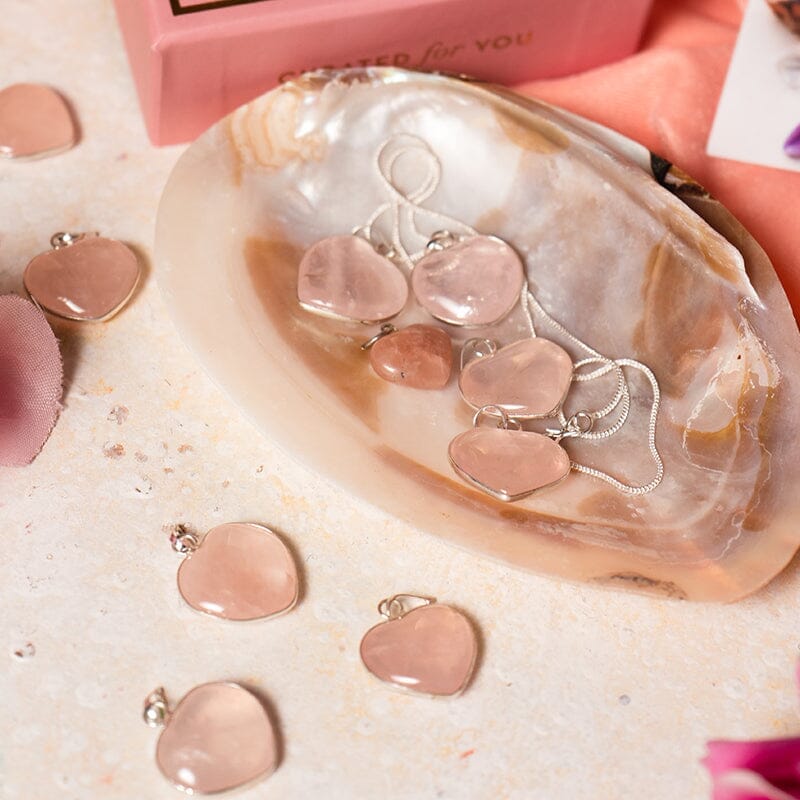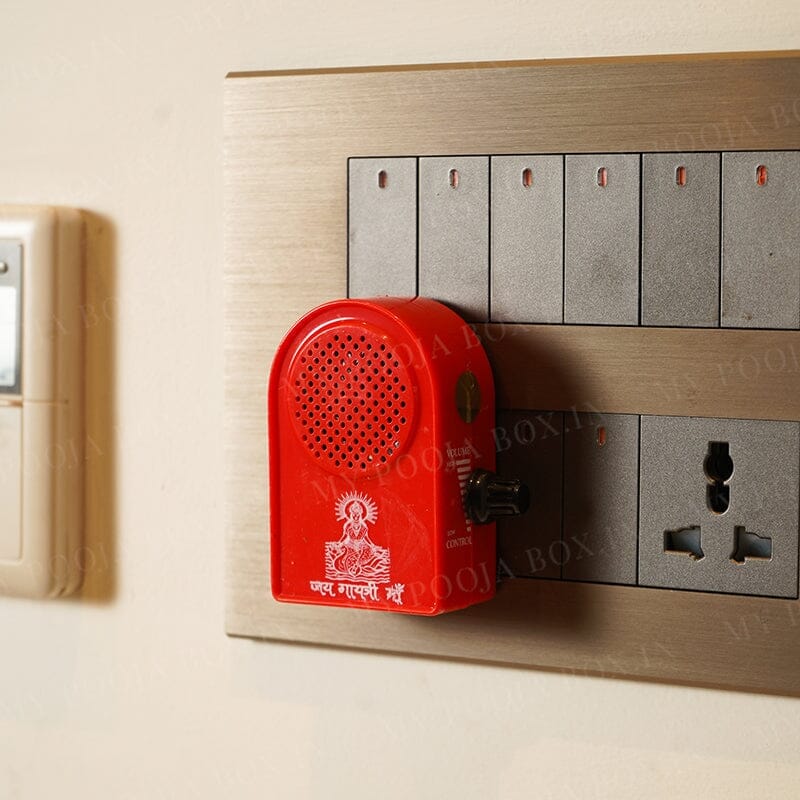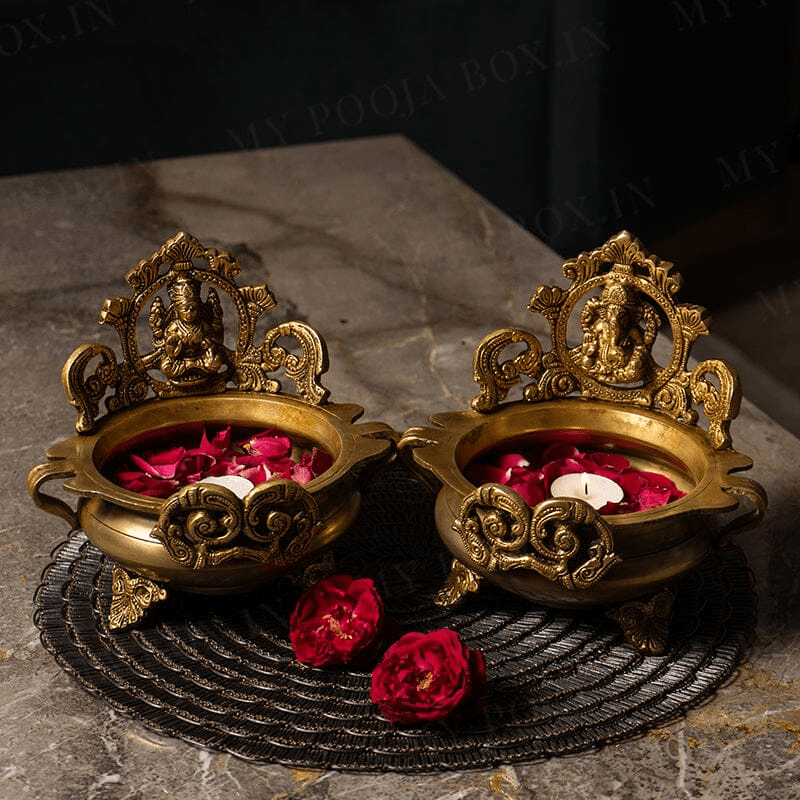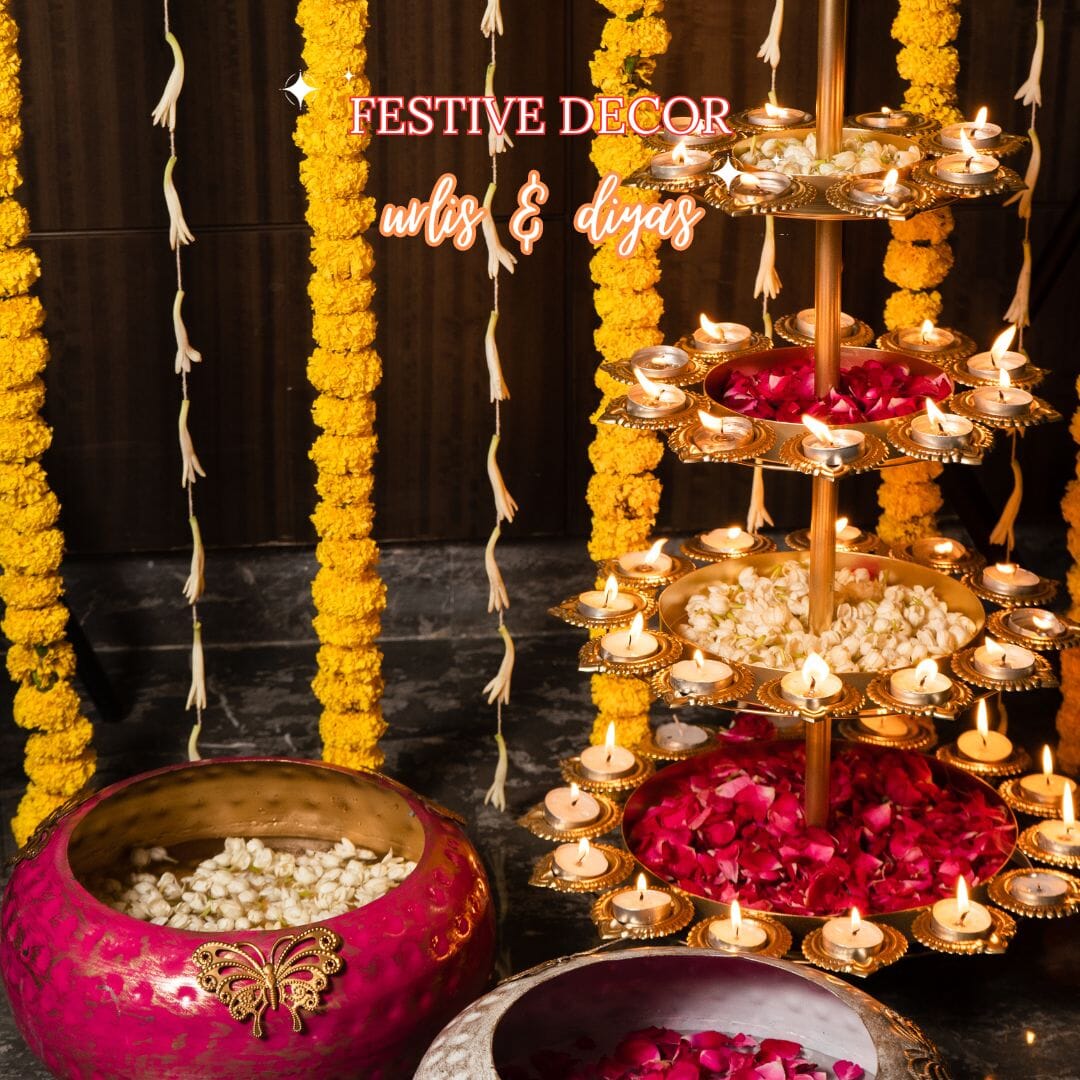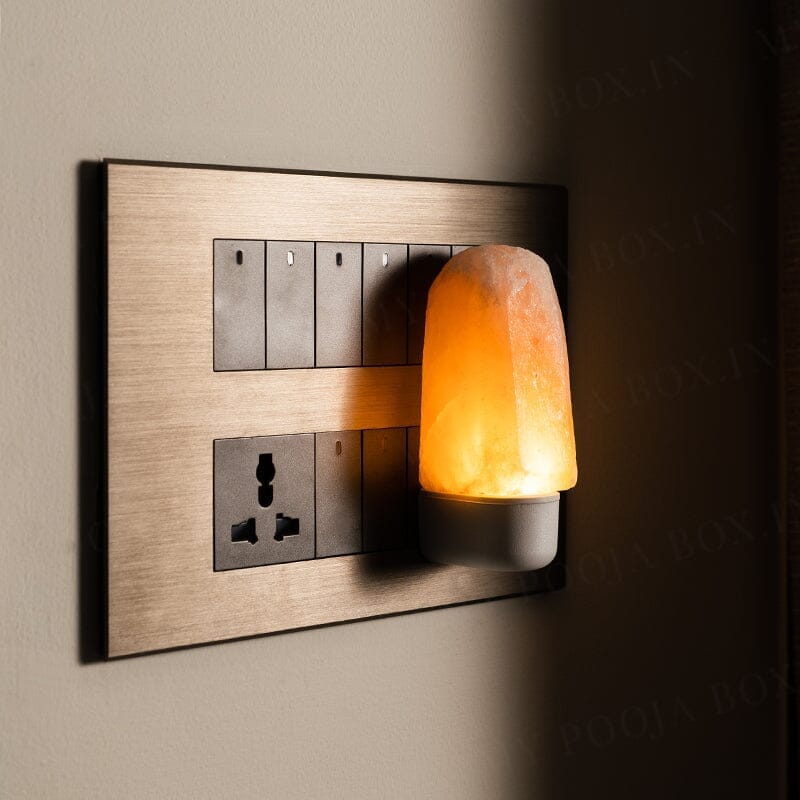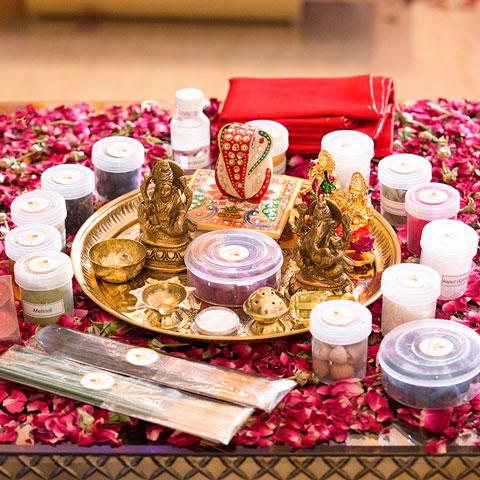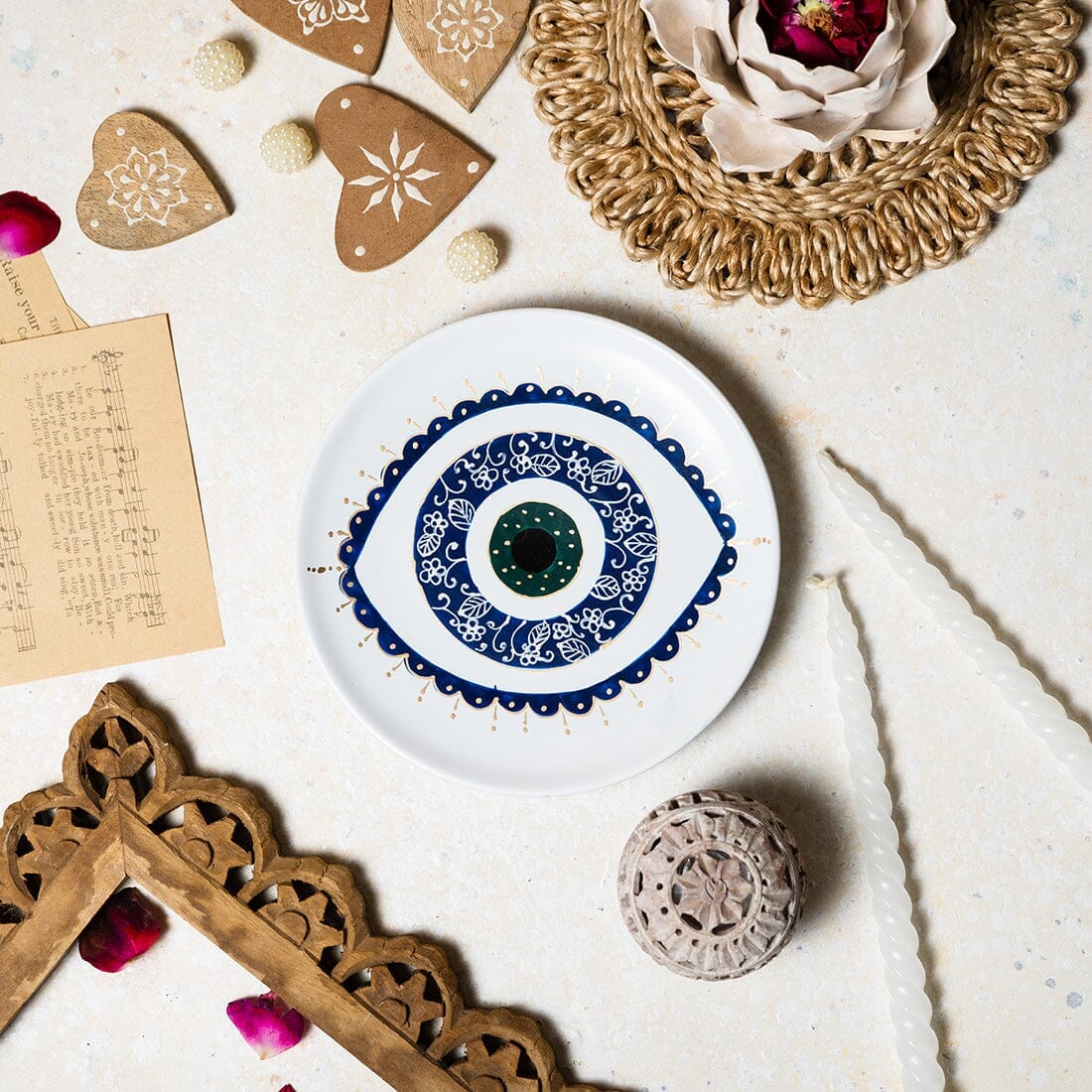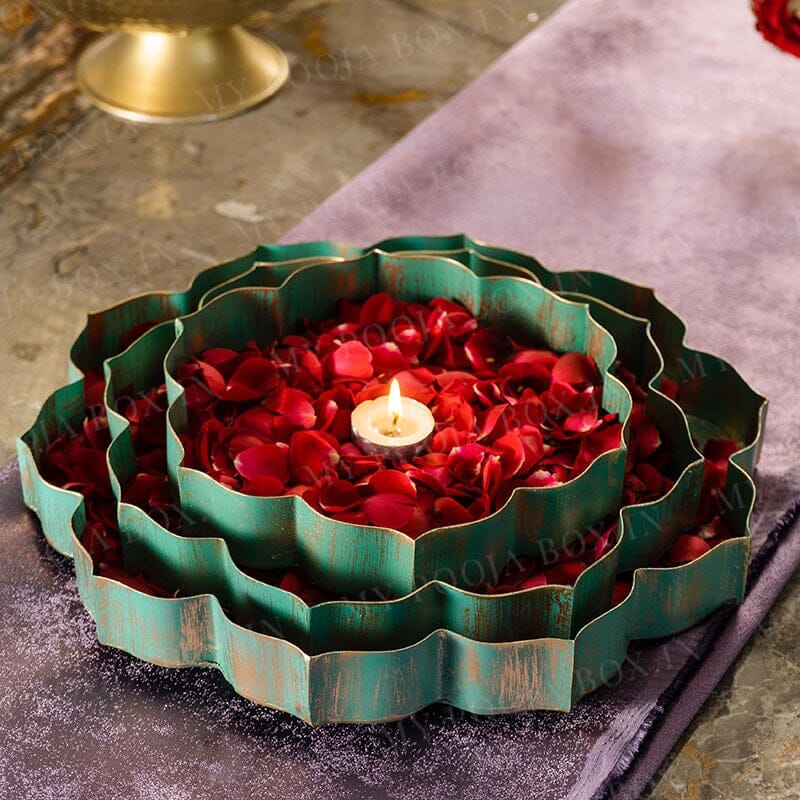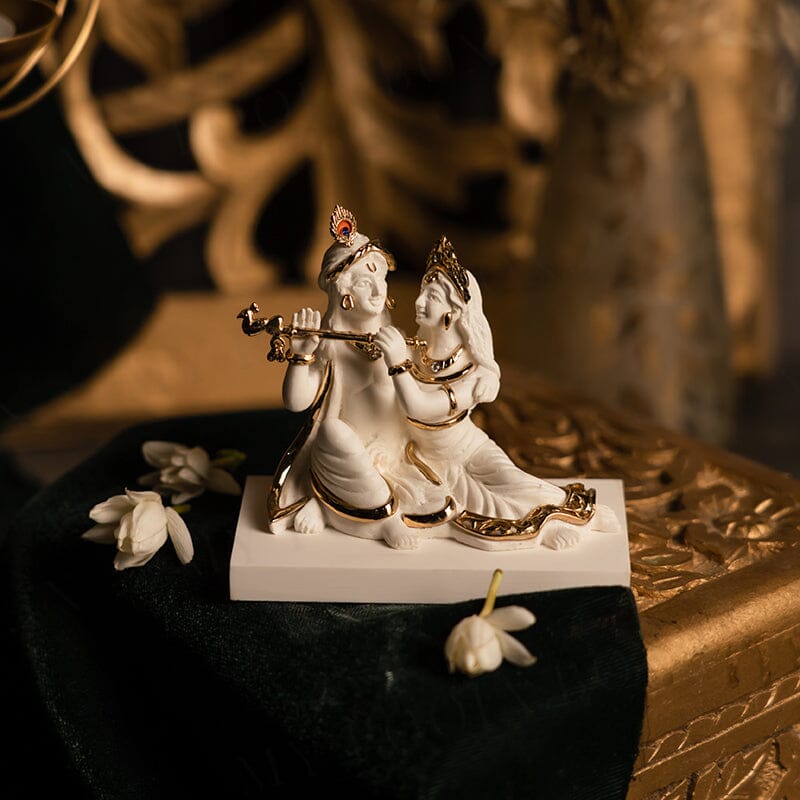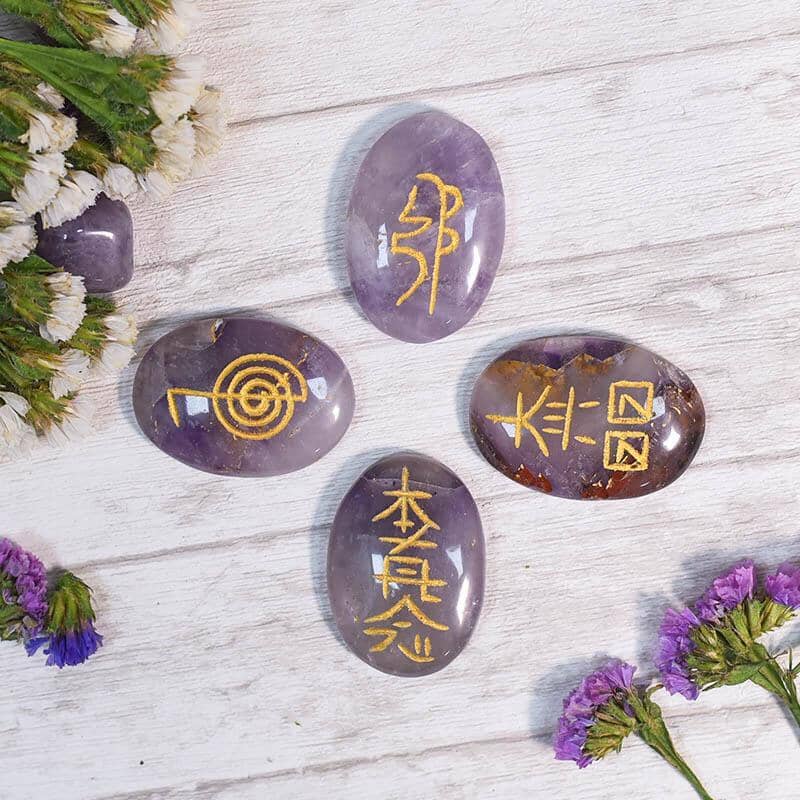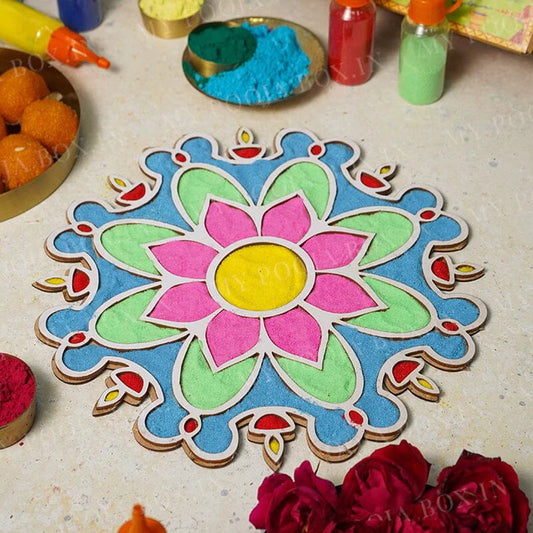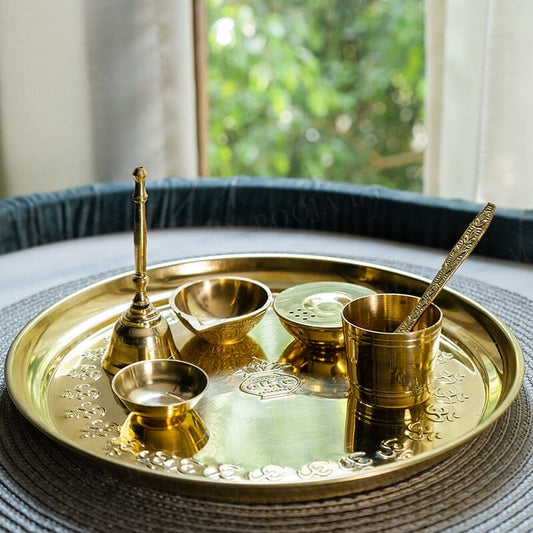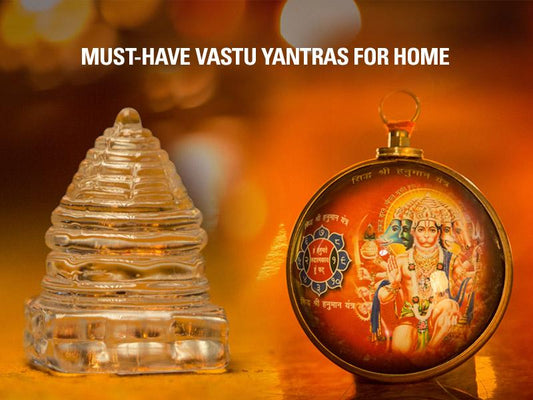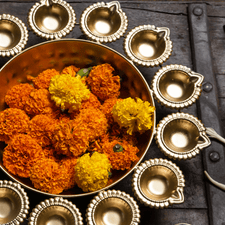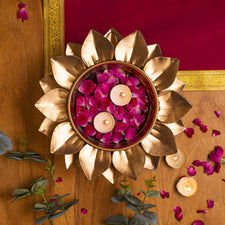Janmashtami is a Hindu festival marked for the birth of Lord Krishna, who is also considered the eighth avatar of Lord Vishnu. Also known as Golkulashtami, this festival is celebrated with great zeal and enthusiasm across India, particularly in Mathura and Vrindavan.
According to the Hindu calendar, every year, this festival falls on the eighth day, i.e., Ashtami of the Krishna Paksha, either in August or September. This year (2023), the celebrations of Janmashtami will fall on the 7th of September. However, the countdown for Janmashtami starts before dawn and continues all day until the very moment Lord Krishna was born.

To welcome and pay respect to the venerable Lord Krishna, devotees sing religious songs, perform dance-drama enactments on the life of Lord Krishna, keep fasts (upavas), perform rites in temples by decorating Radha Krishna murti, and participate in Dahi Handi celebrations.
Apart from decorations and Dahi Handi celebrations, Bhavya Poojan is carried throughout the nation. If you are unsure how to perform the Janmashtami Pooja Vidhi, here we have curated a step-by-step guide. Below is a list of each step in the Pooja Vidhi for Janmashtami.
Krishna Janmashtami Pooja Vidhi -
1. Janmashtami Pooja Essentials:
Before the pooja, you must bring home all the pooja essentials you need to conduct the Janmashtami Pooja. Listed below are the pooja items you will need:
• Swing For Bal Gopal
• Pooja Chowki
• New Red Cloth For Chowki
• Framed Photo Of Krishna
• Panchamrit
• Asana
• Ganga Jal
• Ghee Lamp
• Incense Sticks
• Chandan
• Raw Rice
• Tulsi Leaves
• Prasadam
• Clothing For Your Krishna Idol
• A Garland Made Of Flowers
2. Wake & Bathe:
Waking up early on the day of Janmashtami is extremely important as the first pooja in honor of Lord Krishna has to be conducted early in the morning. The Krishna idol at home is to be given a bath using sacred Ganga Jal. Regular water works, too, but it is advised to stick to Ganga Jal.
Right after the bath, the idol will be given new clothes to wear for the rest of the Janmashtami celebrations. Jewelry should also be placed on or around the idol.
3. Bhog Or Food Offerings:
After the first pooja has been successfully conducted, one must offer food items to the lord. These offerings can be in the form of milk, fruit, kheer, and other Indian sweets. Place the offerings in a bowl next to the Krishna statue being worshiped. The bowl should be spotless and preferably new. It's also advised to place all items over a clean white cloth.
4. Achaman Pooja :
After the offerings have been made, another pooja is conducted. In this Krishna pooja, Diyas are lit and placed around the house, Krishna aarti and mantras are sung in harmony by the devotees, and some devotees can read out the 108 names of Lord Krishna.
This Pooja requires you to hold a spoon in your left hand carrying Ganga Jal. This Ganga Jal is dripped onto your right hand while chanting "Om Achyutaya Namah," The water on your right hand is to be sipped quietly.
Repeat the above process, but this time, chant "Om Anantaya Namah" instead. Repeat the process again but with the mantra "Om Govindaya Namah."
To end the Pooja, put water on both hands and dry them.
5. The Milk Bath :
Next, chant the mantra "Brahma Samhita" along with other mantras from the Vedas, Puranas, and Upanishads. The mantra is to be chanted while bathing the Krishna idol with milk, ghee, and flowers. After the milk bath, the idol can be washed clean with water and dried.
6. Post Bath Pooja:
Apply sandalwood paste on the idol and start chanting the mantra "Shubham Karoti Kalyanam" while lighting a Diya. Then recite "Guru Brahma Guru Vishnu," followed by any Krishna bhajan of your choice. While all of the previously mentioned mantras are being recited, take an incense stick and move it around the idol seven times in a circular motion. Then repeat the same process with an aarti lamp.
7. Kumkum at Lord Krishnas Feet:
Place the Kumkum at the lord's feet and then use the same Kumkum to touch your forehead. Afterward, you can distribute the Prasadam among other devotees for the prayers. This Kumkum or tilak can purify and sanctify the body. During this particular phase of the Pooja Vidhi, one can ask for forgiveness and blessings from the lord.
8. Leave The Offerings Behind For The Lord:
Once the above steps have been completed, you can leave the offerings made to Lord Krishna behind for him to consume later in the night. Alternatively, you can immerse the following in flowing water before distributing the offerings among devotees. But before nightfall, you must recite the "Hare Krishna" or "Om Namo Bhagavate VasuDevaya" to close the Janmashtami Pooja vidhi.
To get Krishna Bhagawan's blessings, our fellow devotees might pray in the order described above. But keep in mind that all prayers must be offered up with an open heart and without any malice. It applies to all Gods being prayed to, not only Krishna. Only those who wish for beautiful things will get them. So, keep your mind, body, and spirit pure to bring home the blessings you believe you deserve.
